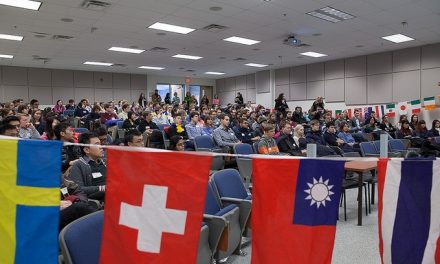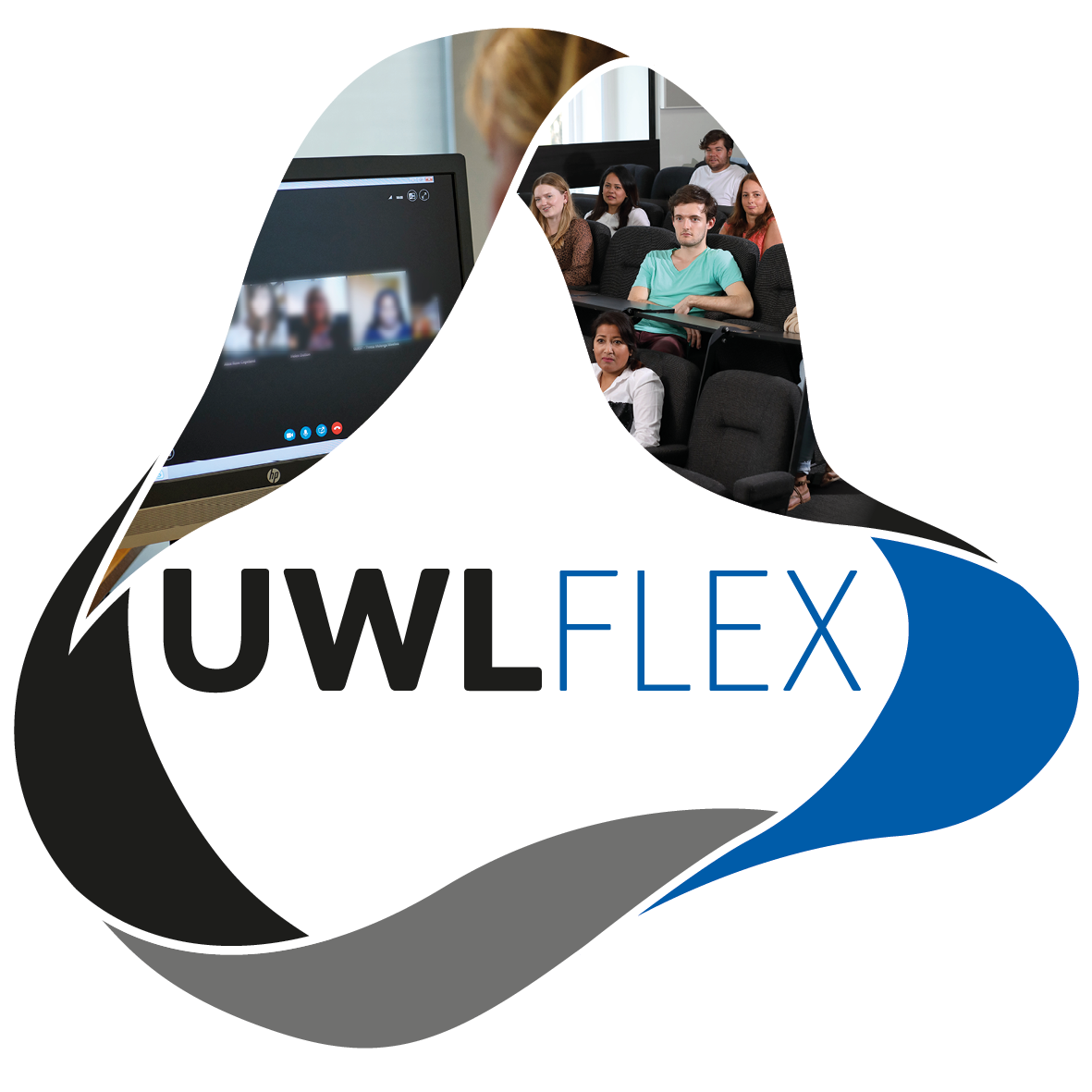“You’re off to Great Places!
Today is your day!
Your mountain is waiting,
So… get on your way!”
― Dr. Seuss, Oh, The Places You’ll Go!
Marta Firestone, from INSTIL, has run several writing retreats since 2013, and I have been able to attend two. The first experience was so rewarding, in so many ways, that I have since wished I could attend every one after that. The pressures to engage and research and subsequently publish are a reality for every academic in higher education. When this is balanced with responsibilities of teaching, student support and other administrative tasks, achieving the goal of scholarly writing appears distant (Murray, 2013). Some of the biggest hurdles are finding the time, writing-related anxiety and motivations for writing (MacLeod et al, 2012).
On both of the occasions I attended the retreats, I had very specific writing tasks set which were pinned down by deadlines. The motivation was clearly there. However, what I struggled to find was time and the space to really work through my thoughts in order to identify gaps which required further research. My mountain was looming large! The writing retreat presented me with time and space, and fortunately I was able to commit to a day of writing as my primary objective. For me… it helped me to ‘get on my way’!
There are several factors which have been identified as being conducive to gaining the most out of the writing retreat experience. These include but are not exclusive to:
- Having a facilitator who is experienced, approachable, person-centred and willing to share their own story (Dwyer et al, 2015; Price et al 2014)
- Setting a location appropriate to creating a space for clear thinking and focus on the writing task (Dwyer et al, 2015; Price et al 2014)
- Creating a structured schedule which maximises concentration and minimises ‘writer’s block’ (Dwyer et al, 2015; Murray and Cunningham, 2011)
- Providing an environment in which writing related anxiety can be ‘contained’ (MacLeod et al, 2012)
- Establishing and positioning writing as the primary task (MacLeod et al 2012)
- Developing a ‘community of practice’ which makes the task of writing less isolating and much more a shared experience (Dwyer et al, 2015; Price et al 2014; Moore 2003)
Based on my own experiences, the in-house INSTIL writing retreats (located on campus but away from your desk) have been able to reflect these criteria and therefore can potentially support staff in not just overcoming innate fears and anxieties, but can also contribute to building that aspect of our identity which resonates with ‘researcher’ and ‘writer’ in academia. Perhaps the most important components of the experience (for me) hinged on the style of facilitation by Marta, and the ‘relaxed’ and non-judgemental nature of the environment which was created. Setting the writing task to be specific, realistic and achievable within the given time allowed me to feel a sense of accomplishment at the end of the day. The intrinsic sense of reward at the end of the first retreat was refreshing, uplifting and personally motivating.
In an effort to replicate the sense of accomplishment that relates to the ‘researcher’ and ‘writer’ identity, I have wanted to attend every writing retreat that was subsequently run. Unfortunately that has not been possible, but I have managed to attend a second one-day retreat and another 2 hour writing group session. On all of these occasions, I have felt a huge sense of accomplishment. I felt I had started to climb the mountain!
The writing retreats have been a safe place to develop confidence and good writing practices, and to learn strategies for sustaining the sense of accomplishment outside of the day retreats. Setting SMART goals for writing, along with setting aside time for reading and writing, have been key issues which I need to address for myself. Marta not only leads the sessions, with useful reflection points and prompts, but also trouble-shoots with participants in order to take them further up the mountain.
For those who attend, you can be sure that even when the session is over you will be reminded of your achievements in a way that makes the experiences truly meaningful on a personal level. The writing retreats allow you to overcome the barriers to writing in a nurturing and supportive environment. The mountain is still a mountain, but each session gives you tools to scale that mountain… and truly be on your way!
References:
Dwyer, T; Friel, D; McAllister, M; Searle, KR and Rossi, D. (2015). The write stuff: A proactive approach to increasing academics’ writing skills and outcomes. Nurse Education in Practice 1-6 (in Press)
MacLeod, I; Steckley, L and Murray, R (2012). Time is not enough: Promoting strategic engagement with writing for publication. Studies in Higher Education 37:6, 641-654
Murray, R (2013). ‘It’s not a hobby’: reconceptualising the place of writing in academic work. Higher Education 66:79-91.
Murray, R and Cunningham, E. (2011). Managing Researcher Development: ‘drastic transition’? Studies in Higher Education 36:7, 831-845.
Price, E; Coffey, B and Nethery, A. (2014). An early career academic network: what worked and what didn’t. Journal of Further and Higher Education 1-21.
Author: Tricia Tikasingh is Senior Lecturer in Human Sciences at the University of West London






